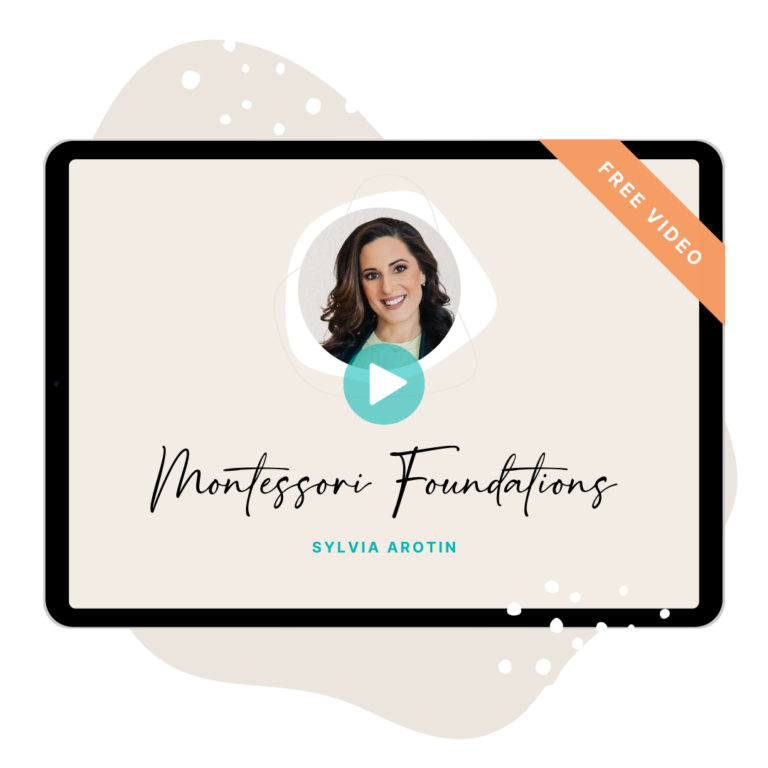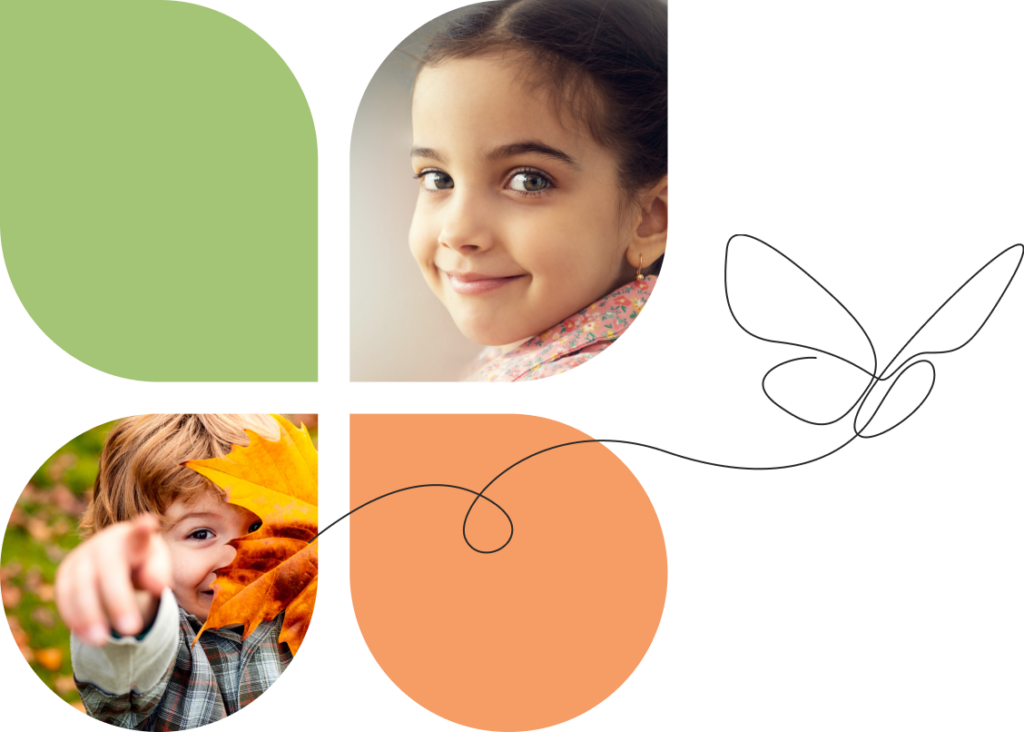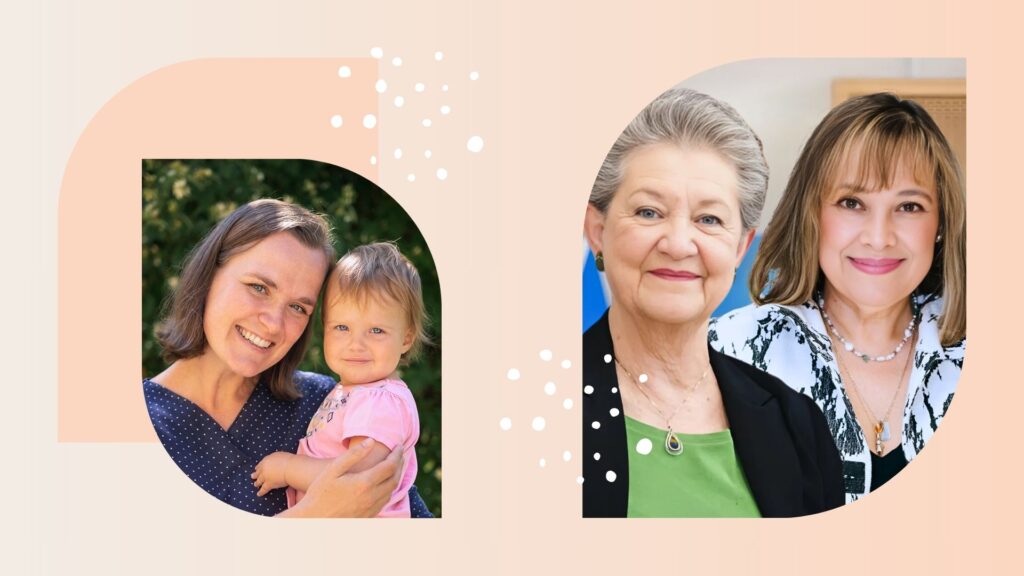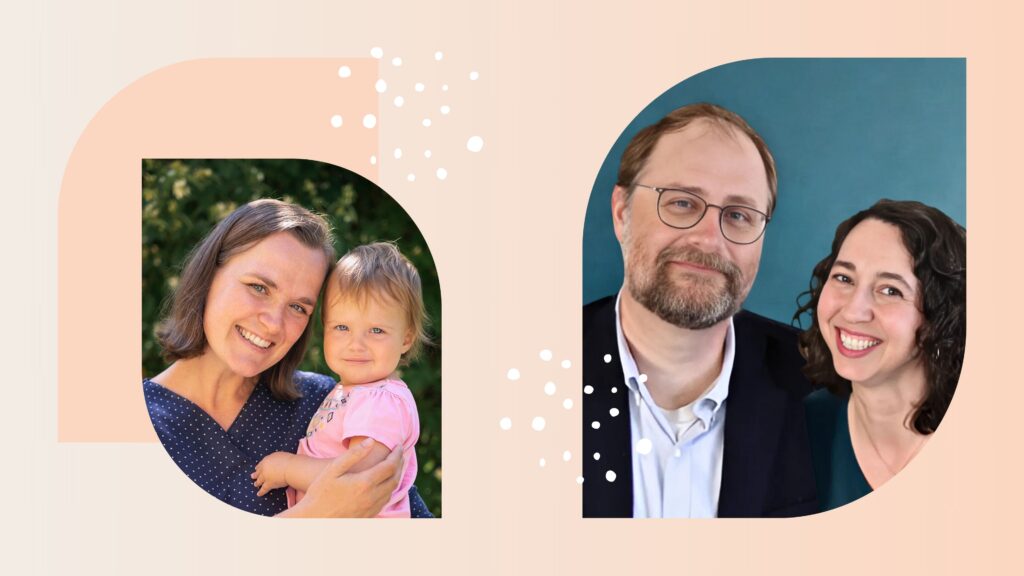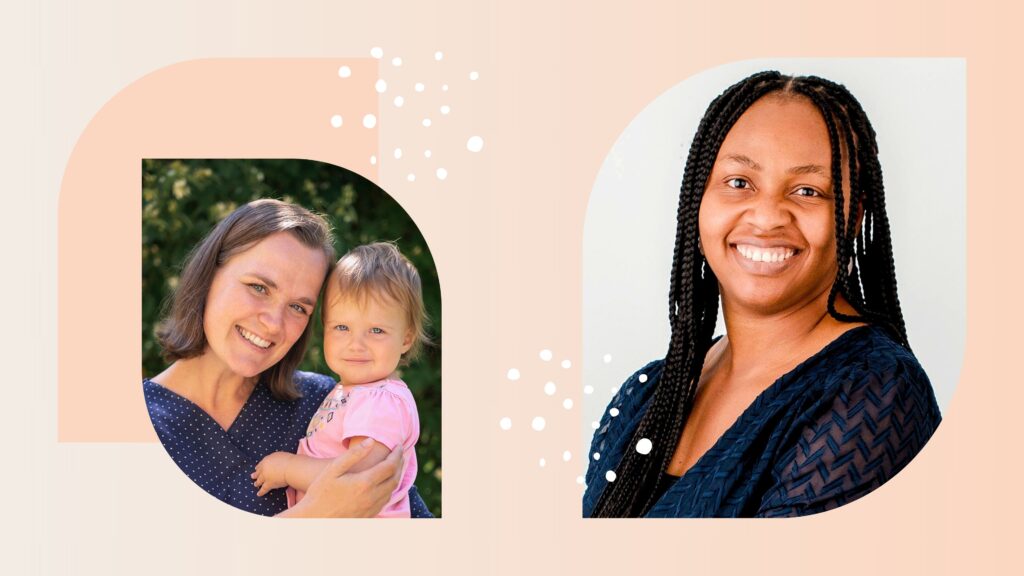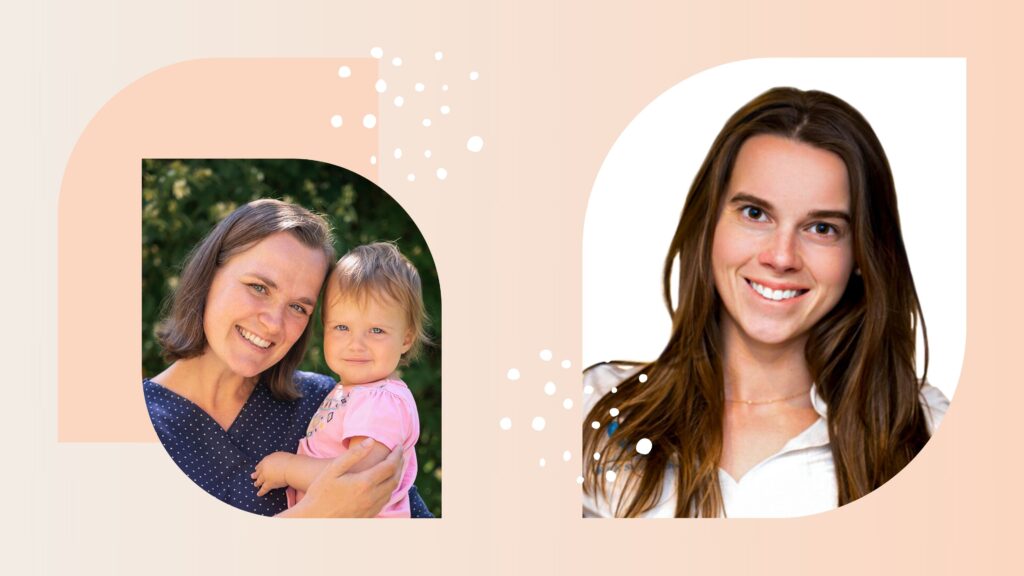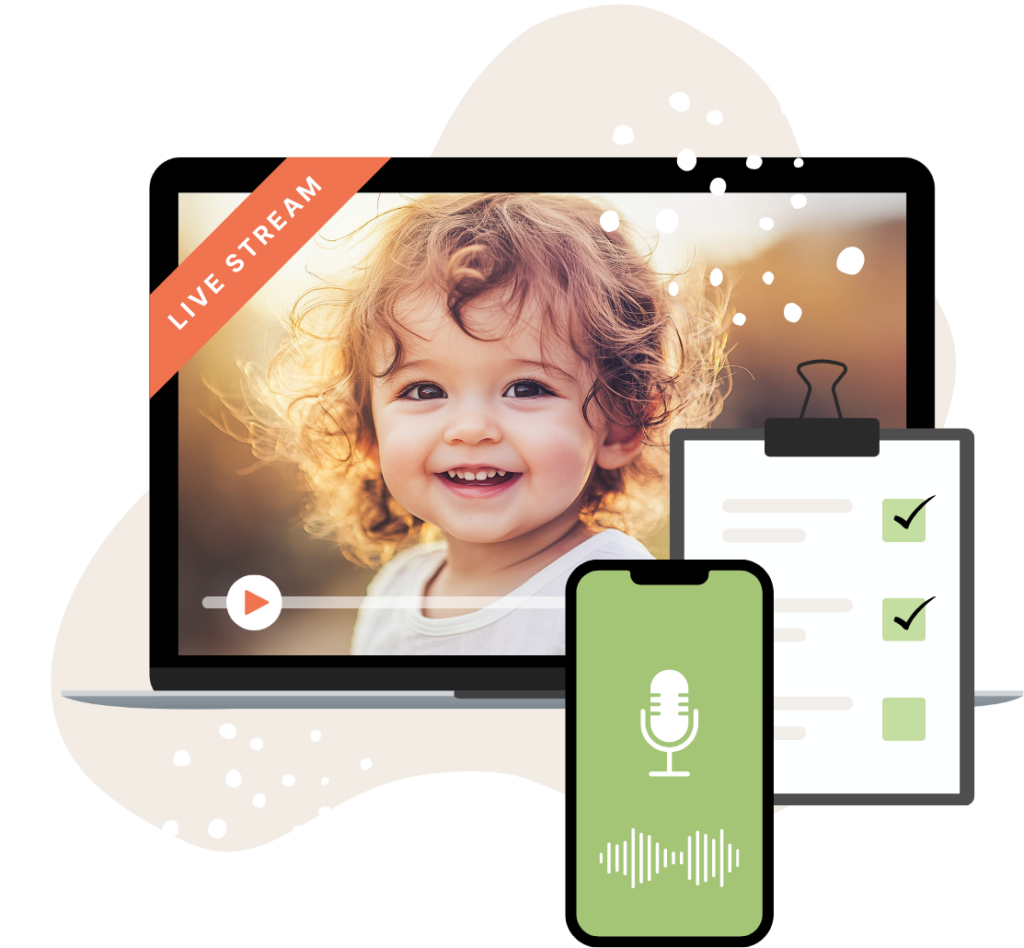Welcome to another insightful discussion featuring Barbara Murphy, an expert in Montessori education and wellness practices. Today, we delve into the vital role that movement plays in holistic child development and wellbeing. The whole LiveTalk is available in the Childhood Potential Club library.
The Essence of Movement
Movement is more than just physical activity; it is a cornerstone of wellness and an integral part of the Montessori method. Barbara emphasizes that movement fosters physical health, mental and emotional wellbeing, and cognitive development. Highlighting studies like the Blue Zones research, she illustrates how physical activity contributes to a healthier, longer life, reinforcing the critical need for an active lifestyle from childhood.
Addressing Sedentary Lifestyles
Despite compelling evidence of the benefits of physical activity, modern lifestyles are increasingly sedentary. Barbara shares alarming statistics from the World Health Organization, indicating that insufficient physical activity is a significant risk factor for mortality. Montessori education offers a solution by naturally integrating movement into daily routines, countering this trend.
Montessori’s Perspective on Movement
Dr. Maria Montessori viewed movement as essential for intellectual growth and holistic child development. She argued that children learn through movement, a revolutionary idea that continues to influence educational practices today. Barbara outlines how traditional school settings often restrict movement, whereas the Montessori method nurtures it, allowing children to engage fully with their environment.
Key Characteristics of Montessori Movement
- Hands-On Learning: Movement is central to learning, with children actively engaging with materials.
- Purposeful Movement: Activities with clear goals, like washing a table, keep children engaged and avoid fatigue.
- Natural Tendency: Humans are naturally active, and restricting movement hampers development.
- Part of Life: Movement is woven into daily routines, making physical activity a natural part of life.
- Self-Constructed Movement: Children learn and master movements through practice.
- Fostering Independence: Movement activities help children adapt to their environment and develop essential life skills.
Misconceptions About Montessori Movement
Barbara addresses common misconceptions, such as the belief that movement in Montessori education is implicit and needs no special attention. She advocates for a “movement-informed practice,” ensuring that movement is intentionally integrated into learning environments. Additionally, she cautions against adopting traditional physical education practices, which often fail to respect Montessori principles and children’s developmental stages.
Practical Ideas for Integrating Movement
For both parents and teachers, Barbara offers practical strategies to integrate movement into daily routines:
- Morning Movement: Engage in physical activities early in the day to boost children’s engagement in learning.
- Hands-On Activities: Incorporate movement into daily tasks like cooking, cleaning, and gardening.
- Natural Materials: Use items like stepping stones and wooden logs to create balance activities and obstacle courses.
- Family Involvement: Model active behavior and participate in physical activities as a family.
Explore the fundamentals of Montessori parenting with this free video by Sylvia Arotin, offering insights and strategies to empower and educate your child.
Conclusion
Barbara’s insights underscore the profound impact of movement on children’s holistic development and wellbeing. By understanding and implementing Montessori principles of movement, we can create enriching environments that foster active, healthy, and happy lives for our children.
About Barbara Murphy
Barbara Murphy is a Montessori-certified educator and the founder of Montessori Wellness. With a PhD from Northwestern University, she dedicates her work to exploring the connections between Montessori education and wellness practices, aiming to foster holistic development in children. Her mission is to bring this knowledge to the community, enhancing the wellbeing of both children and adults.
Join us in our next live talk featuring Patrick from Montessori Sports as we continue to explore the benefits of movement and sports in education. Stay tuned for more enlightening discussions!
